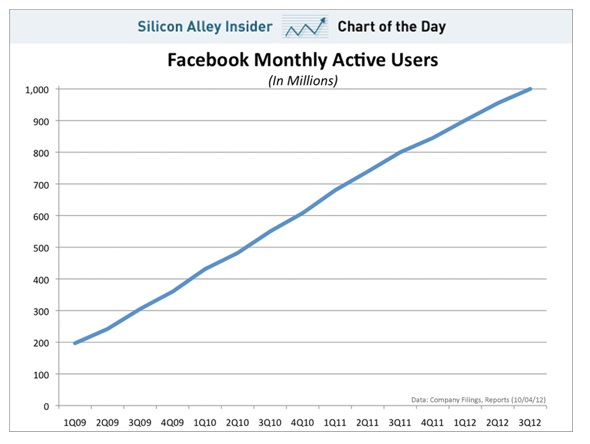I’ve only been to two 90th birthday parties in my life. The first one was EM Forster’s in 1969, in King’s. The second was for my friend and Wolfson colleague, Professor Hugh Bevan, who is 90 today. He’s a distinguished legal scholar who has made great contributions in the field of family law. As his daughter said at the event: “We’re here to celebrate Dad’s first 90 years”. Long may he continue.
Biofuel: feeds cars, starves people
Interesting paper by a trio of complexity theorists about the near-term implications of the US drought. Abstract reads:
Recent droughts in the midwestern United States threaten to cause global catastrophe driven by a speculator amplified food price bubble. Here we show the effect of speculators on food prices using a validated quantitative model that accurately describes historical food prices. During the last six years, high and fluctuating food prices have lead to widespread hunger and social unrest. While a relative dip in food prices occurred during the spring of 2012, a massive drought in the American Midwest in June and July threatens to trigger another crisis. In a previous paper, we constructed a model that quantitatively agreed with food prices and demonstrated that, while the behavior could not be explained by supply and demand economics, it could be parsimoniously and accurately described by a model which included both the conversion of corn into ethanol and speculator trend following. An update to the original paper in February 2012 demonstrated that the model previously published was predictive of the ongoing price dynamics, and anticipated a new food crisis by the end of 2012 if adequate policy actions were not implemented. Here we provide a second update, evaluating the effects of the current drought on global food prices. We find that the drought may trigger the expected third food price bubble to occur sooner, before new limits to speculation are scheduled to take effect. Reducing the amount of corn that is being converted to ethanol may address the immediate crisis. Over the longer term, market stabilization requires limiting financial speculation.
Bulloney
The uses and abuses of Skeuomorphism
This morning’s Observer column.
Or consider this, from Wired magazine, claiming that Apple’s iPhone app, Find My Friends, “includes astonishingly ugly, faux stitched leather that wastes screen space. On the new iCal for the Macintosh, things are odder yet: When you page forward, the sheet for the previous month rips off and floats away, an animation so artless you’d swear it was designed personally by Bill Gates.”
Ouch! What Apple’s designers are being accused of, it turns out, is the grave sin of skeuomorphism. Now there’s a conversation-stopper if ever I saw one. A skeuomorph is, according to the OED, a ‚”derivative object that retains ornamental design cues to a structure that was necessary in the original”.
How to dismantle a magazine
Left turn ahead
Wishful thinking, given the current political scene.
GitHub and democracy
Interesting talk. First time I’ve ever heard GitHub discussed in this context.
Cloud computing’s environmental footprint
I was struck by James Glanz’s NYT article about the environmental footprint of cloud computing and so tried to summarise it in a small slide-deck. Hope it’s useful.
There’s a chapter on this in my new book.
Raspberry Pi: cautionary tale
From a Facebook post by Jon Crowcroft:
So raspberry Pi ships with a) sshd on b) root login on sshd on c) the same default password on every Pi – doh! Do not plug in your pi to a net before changing at least one of the above, or you will, like a famous professor in the computer lab last week, get hacked, and deserve to be:)
Noted! (I’ve just ordered a new Raspberry Pi to replace the one that died on me.)
Footnote: the victim was not Jon!




